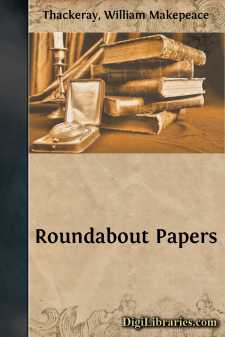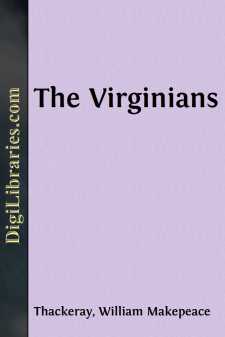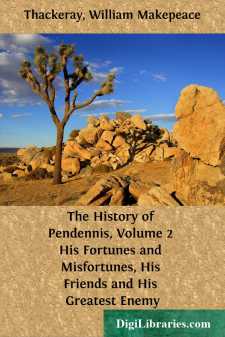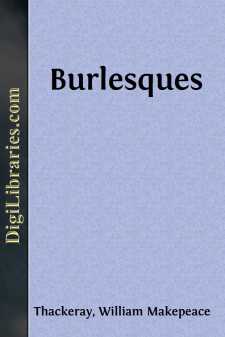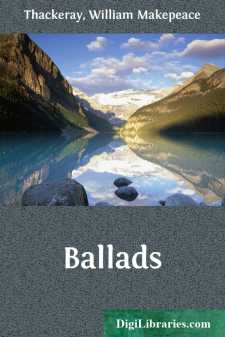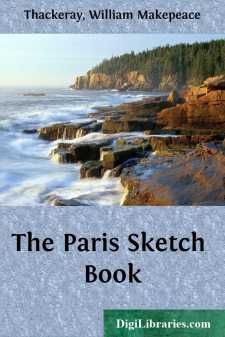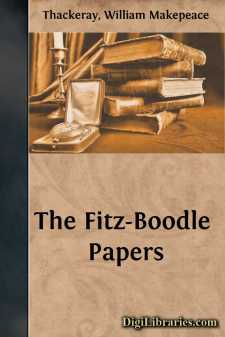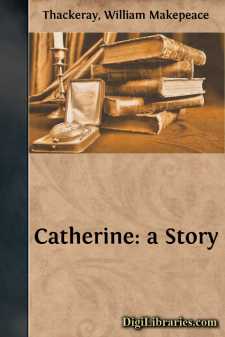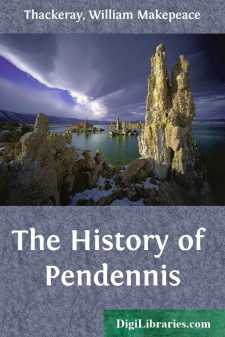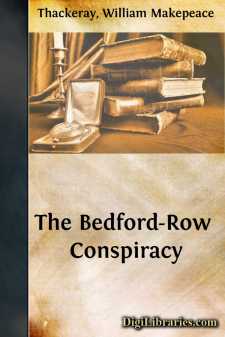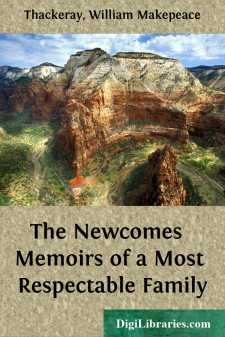Categories
- Antiques & Collectibles 13
- Architecture 36
- Art 48
- Bibles 22
- Biography & Autobiography 815
- Body, Mind & Spirit 144
- Business & Economics 28
- Children's Books 18
- Children's Fiction 14
- Computers 4
- Cooking 94
- Crafts & Hobbies 4
- Drama 346
- Education 58
- Family & Relationships 59
- Fiction 11833
- Games 19
- Gardening 17
- Health & Fitness 34
- History 1378
- House & Home 1
- Humor 147
- Juvenile Fiction 1873
- Juvenile Nonfiction 202
- Language Arts & Disciplines 89
- Law 16
- Literary Collections 686
- Literary Criticism 179
- Mathematics 13
- Medical 41
- Music 40
- Nature 179
- Non-Classifiable 1768
- Performing Arts 7
- Periodicals 1453
- Philosophy 65
- Photography 2
- Poetry 896
- Political Science 203
- Psychology 44
- Reference 154
- Religion 515
- Science 126
- Self-Help 85
- Social Science 82
- Sports & Recreation 34
- Study Aids 3
- Technology & Engineering 59
- Transportation 23
- Travel 463
- True Crime 29
Our website is made possible by displaying online advertisements to our visitors.
Please consider supporting us by disabling your ad blocker.
Roundabout Papers
Categories:
Description:
Excerpt
ON A LAZY IDLE BOY.
I had occasion to pass a week in the autumn in the little old town of Coire or Chur, in the Grisons, where lies buried that very ancient British king, saint, and martyr, Lucius,* who founded the Church of St. Peter, on Cornhill. Few people note the church now-a-days, and fewer ever heard of the saint. In the cathedral at Chur, his statue appears surrounded by other sainted persons of his family. With tight red breeches, a Roman habit, a curly brown beard, and a neat little gilt crown and sceptre, he stands, a very comely and cheerful image: and, from what I may call his peculiar position with regard to Cornhill, I beheld this figure of St. Lucius with more interest than I should have bestowed upon personages who, hierarchically, are, I dare say, his superiors.
* Stow quotes the inscription, still extant, from the table
fast chained in St. Peter's Church, Cornhill; and says, "he
was after some chronicle buried at London, and after some
chronicle buried at Glowcester"—but, oh! these incorrect
chroniclers! when Alban Butler, in the "Lives of the
Saints," v. xii., and Murray's "Handbook," and the Sacristan
at Chur, all say Lucius was killed there, and I saw his tomb
with my own eyes!
The pretty little city stands, so to speak, at the end of the world—of the world of to-day, the world of rapid motion, and rushing railways, and the commerce and intercourse of men. From the northern gate, the iron road stretches away to Zurich, to Basle, to Paris, to home. From the old southern barriers, before which a little river rushes, and around which stretch the crumbling battlements of the ancient town, the road bears the slow diligence or lagging vetturino by the shallow Rhine, through the awful gorges of the Via Mala, and presently over the Splugen to the shores of Como.
I have seldom seen a place more quaint, pretty, calm, and pastoral, than this remote little Chur. What need have the inhabitants for walls and ramparts, except to build summer-houses, to trail vines, and hang clothes to dry on them? No enemies approach the great mouldering gates: only at morn and even the cows come lowing past them, the village maidens chatter merrily round the fountains, and babble like the ever-voluble stream that flows under the old walls. The schoolboys, with book and satchel, in smart uniforms, march up to the gymnasium, and return thence at their stated time. There is one coffee-house in the town, and I see one old gentleman goes to it. There are shops with no customers seemingly, and the lazy tradesmen look out of their little windows at the single stranger sauntering by. There is a stall with baskets of queer little black grapes and apples, and a pretty brisk trade with half a dozen urchins standing round. But, beyond this, there is scarce any talk or movement in the street. There's nobody at the book-shop. "If you will have the goodness to come again in an hour," says the banker, with his mouthful of dinner at one o'clock, "you can have the money." There is nobody at the hotel, save the good landlady, the kind waiters, the brisk young cook who ministers to you....


